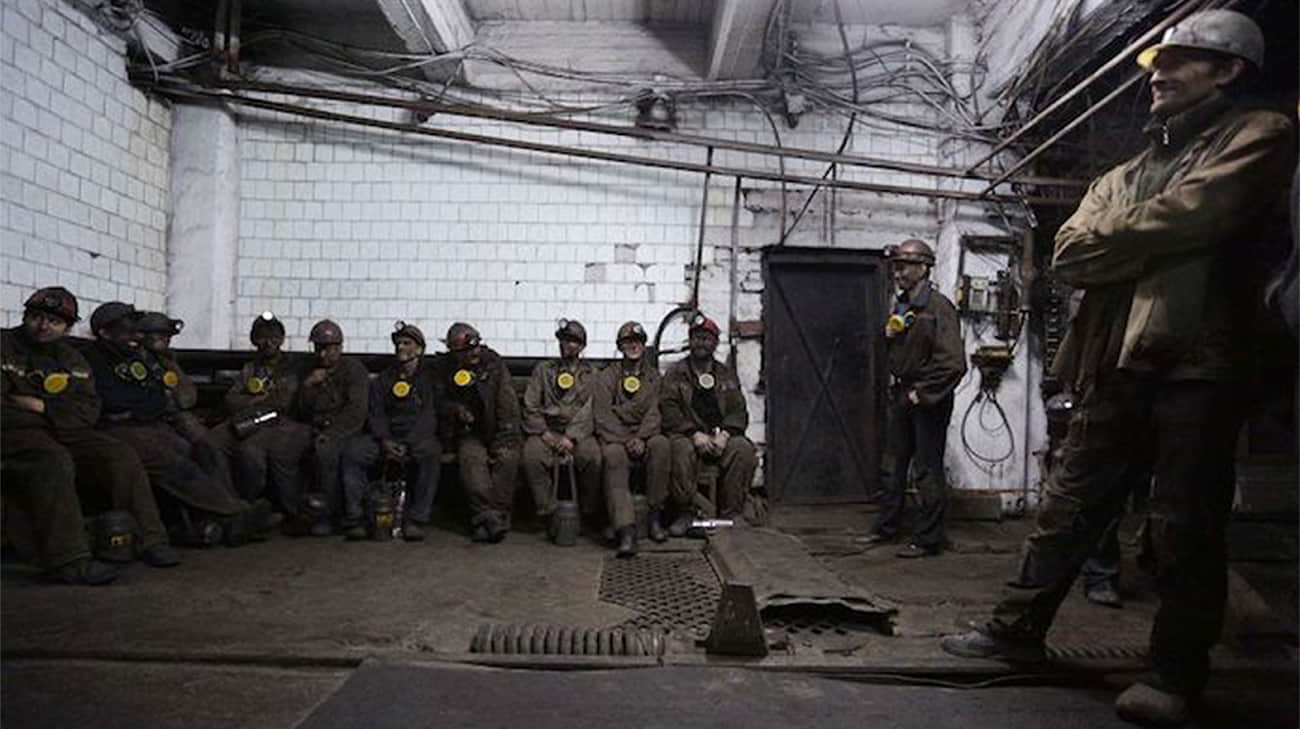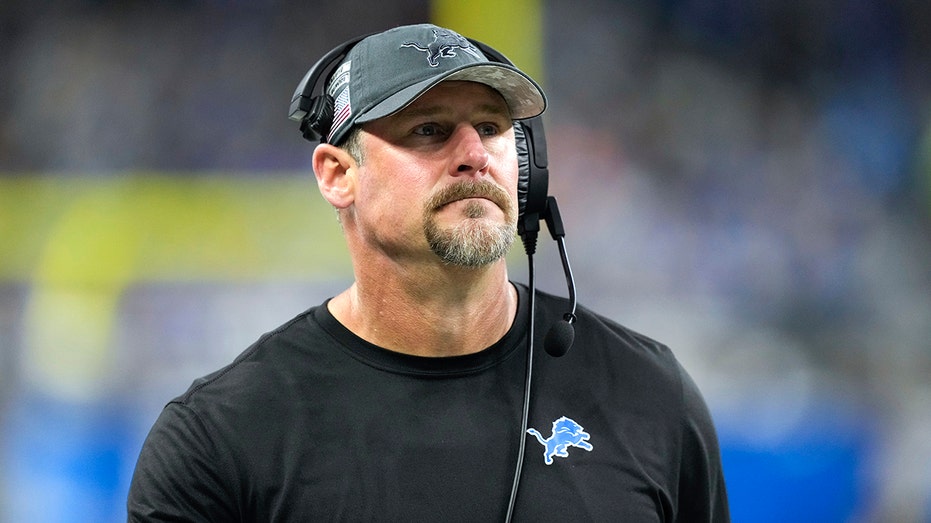Former director of both FBI, CIA cautions against Patel and Gabbard
The only man to lead both the FBI and CIA spoke out against Kash Patel and Tulsi Gabbard, two of President-elect Trump’s top intelligence picks, saying both positions require “complete independence from political influence.” William Webster, who led the agencies under both Democratic and Republican presidents, made the comment in a letter to senators, saying...

The only man to lead both the FBI and CIA spoke out against Kash Patel and Tulsi Gabbard, two of President-elect Trump’s top intelligence picks, saying both positions require “complete independence from political influence.”
William Webster, who led the agencies under both Democratic and Republican presidents, made the comment in a letter to senators, saying he was “deeply concerned” about both picks.
Patel, who served in a number of national security roles under the Trump administration and who is a key ally to the president-elect, has been nominated to lead the FBI, even though current Director Christopher Wray would normally serve a 10-year term, until 2027.
Gabbard, a former Democratic congresswoman from Hawaii, was nominated to serve as director of national intelligence, a role in which she would lead the office that coordinates all 18 intelligence agencies.
“While Mr. Patel’s intelligence and patriotism are commendable, his close political alignment with President Trump raises serious concerns about impartiality and integrity. Statements such as ‘He’s my intel guy’ and his record of executing the president’s directives suggest a loyalty to individuals rather than the rule of law—a dangerous precedent for an agency tasked with impartial enforcement of justice,” Webster wrote.
The letter was first reported by Politico.
Patel has been an outspoken critic of the FBI’s investigation into Trump — even penning a children’s book on the topic — and he has said he would fire a number of FBI personnel to rid the agency of the “deep state.” He also listed a number of Democratic figures as “government gangsters” in a book by the same name, writing in fundraising emails through his foundation that they must be held accountable.
Gabbard, meanwhile, has come under fire for parroting Russian narratives about the country's invasion of Ukraine and also visited now-deposed Syrian leader Bashar al-Assad as he was facing accusations of using chemical weapons against his own people.
“Congresswoman Gabbard’s profound lack of intelligence experience and the daunting task of overseeing 18 disparate intelligence agencies further highlight the need for seasoned leadership,” Webster wrote.
“Effective management of our intelligence community requires unparalleled expertise to navigate the complexities of global threats and to maintain the trust of allied nations. Without that trust, our ability to safeguard sensitive secrets and collaborate internationally is severely diminished. … This is no time in world history for a novice in the field to learn this role.”
The Trump team shot back at Webster.
“It shouldn’t be news that someone who has endorsed Joe Biden, who has been wrong on every single foreign policy disaster over the last four years, and Kamala Harris opposes President Trump’s nominees. Lt. Col. Gabbard is an active member of the Army and has served in the military for over two decades and in Congress, as someone who has consumed intelligence at the highest levels, including during wartime, she recognizes the importance of partnerships with allies to ensure close coordination to keep the American people safe,” Alexa Henning, a Trump transition spokesperson, said in a statement.
Alex Pfeiffer, also a Trump transition spokesperson, defended Patel as “loyal to the Constitution. He’s worked under Presidents Obama and Trump in key national security roles.”
Webster, who led the FBI under Presidents Carter and Reagan, shared that he was only contacted by each man once during their terms, nodding to concerns Trump would seek to play an outsize role in directing affairs at each agency.
He encouraged senators “to weigh the critical importance of nonpartisan leadership and experience.”
“Trust in our intelligence and law enforcement agencies is also crucial for our international partners,” he wrote.
“Without that trust, we cannot be effective in guarding sensitive secrets or collaborating to address shared threats.”



